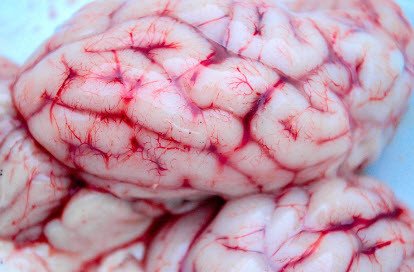Understanding Brain Tumor Symptoms
Brain tumor symptoms vary depending on the tumor's location, size, and growth rate. Symptoms may develop gradually or appear suddenly, and can result from the tumor pressing on brain tissue or increasing intracranial pressure.
Most Common Symptoms
1. Headaches
- Often worse in the morning
- May worsen with coughing, bending, or exercise
- Typically persistent and progressive
- Don't respond to usual headache remedies
2. Seizures
- New-onset seizures in adults
- May be focal (affecting one body part) or generalized
- Sometimes the first sign of a brain tumor
3. Cognitive Changes
- Memory problems
- Confusion
- Difficulty concentrating
- Personality or behavior changes
Location-Specific Symptoms
Frontal Lobe Tumors
- Personality changes
- Difficulty with planning/organization
- Weakness on one side of body
Temporal Lobe Tumors
- Memory problems
- Hearing changes or tinnitus
- Visual field cuts
Parietal Lobe Tumors
- Sensory changes
- Difficulty with spatial tasks
- Problems with reading or writing
Occipital Lobe Tumors
- Vision problems
- Visual hallucinations
- Difficulty identifying objects
Cerebellum Tumors
- Balance problems
- Coordination difficulties
- Dizziness
Other Possible Symptoms
- Nausea/vomiting (especially morning vomiting)
- Speech difficulties
- Hearing loss
- Facial weakness or numbness
- Fatigue
- Changes in taste or smell
When to See a Doctor
- New, persistent headaches that worsen over time
- Unexplained nausea or vomiting
- Vision changes (blurred/double vision, loss of peripheral vision)
- New seizures or convulsions
- Noticeable cognitive or personality changes
Diagnostic Process
- Neurological examination
- MRI (preferred) or CT scan
- Biopsy (during surgery or stereotactic needle biopsy)
- Spinal tap (in some cases)
- PET scan (to assess activity level)
Frequently Asked Questions
Q: Are brain tumor headaches always severe?
A: No, they may start mild and gradually worsen. The pattern (worsening over time, morning headaches) is often more telling than severity.
Q: Can brain tumor symptoms come and go?
A: Yes, symptoms may fluctuate initially, but typically become more persistent as the tumor grows.
Q: How quickly do brain tumor symptoms progress?
A: It varies - malignant tumors may cause rapid symptom progression (weeks/months), while benign tumors may grow slowly (years).
Q: Can you have a brain tumor with no symptoms?
A: Small tumors may be asymptomatic. Some are discovered incidentally during imaging for other reasons.
Q: Are brain tumor symptoms different in children?
A: Yes, children may show irritability, developmental regression, increased head size (in infants), or worsening school performance.
Key Takeaways
- Symptoms depend on tumor location and size
- Persistent, worsening headaches warrant evaluation
- New neurological symptoms should never be ignored
- Early diagnosis improves treatment options
- Many symptoms have benign causes, but persistent changes need assessment
The content of this post is provided for informational purposes only. It is essential to consult with a qualified healthcare professional before making any decisions regarding your health or wellness. The author is not a licensed medical professional, and this information should not be considered medical advice.
Have you or someone you know experienced these symptoms? What was your diagnostic process? Share your experience in the comments below.
If you require any assistance with this article, please do not hesitate to Contact Us














